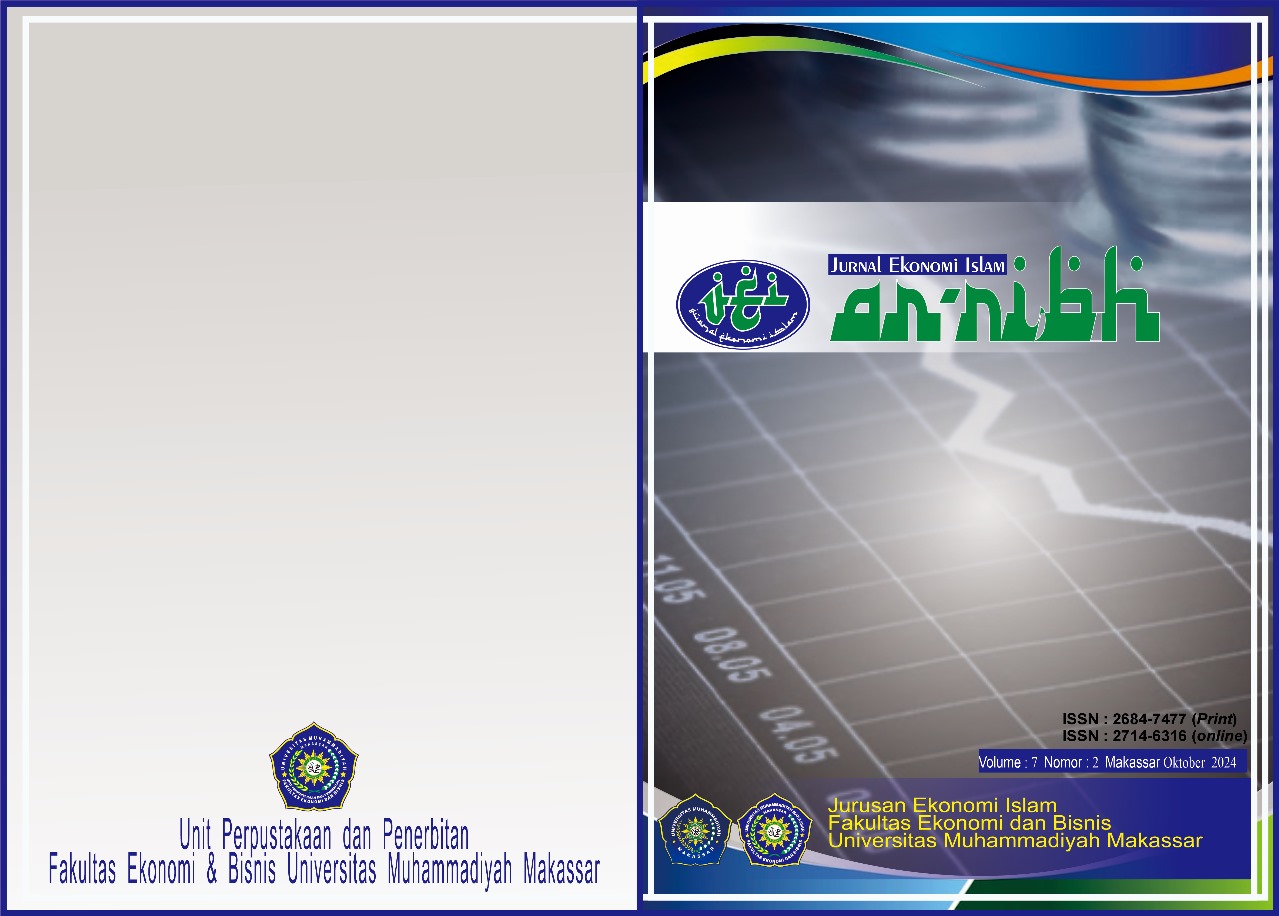Meaningful Microenterprise in the Informal Economy: Angkringan As A Culturally Rooted Islamic Socio-Economic Practice in Java, Indonesia
DOI: https://doi.org/10.26618/mf3ycy22
Abstract
This study explores angkringan—a traditional, informal street food enterprise in Java, Indonesia—as a meaningful microenterprise that embodies the principles of Islamic socio-economics within the context of the informal economy. Amid the increasing collapse of formal, globalized retail chains such as KFC in Indonesia, this research seeks to understand how culturally rooted, low-scale enterprises can offer a sustainable and socially embedded economic alternative.Adopting a qualitative-conceptual approach, the study integrates theories from the meaning economy, Islamic socio-economic ethics, and informal economic systems. Data were drawn from secondary sources including academic literature, government reports, and media documentation, as well as light contextual field observations in selected angkringan locations in Yogyakarta. The findings reveal that angkringan functions not only as a microeconomic unit but also as a space of social interaction, mutual care, and ethical trade practices. It fosters affordability, inclusivity, and community cohesion, aligning with key Islamic economic values such as ‘adalah (justice), rahmah (compassion), and kifāyah (sufficiency). Unlike formal fast-food outlets driven by profit maximization, angkringan promotes relational well-being and cultural resilience. The study argues that angkringan represents a bottom-up, value-driven model of Islamic microenterprise that is both culturally meaningful and ethically grounded. This research contributes to the development of a culturally contextualized Islamic socio-economic framework and opens new pathways for integrating local wisdom, ethical values, and community-based development into Islamic economics. It recommends a shift in policy and academic discourse from financing-centric approaches to meaning-centric, socially embedded economic practices.
















